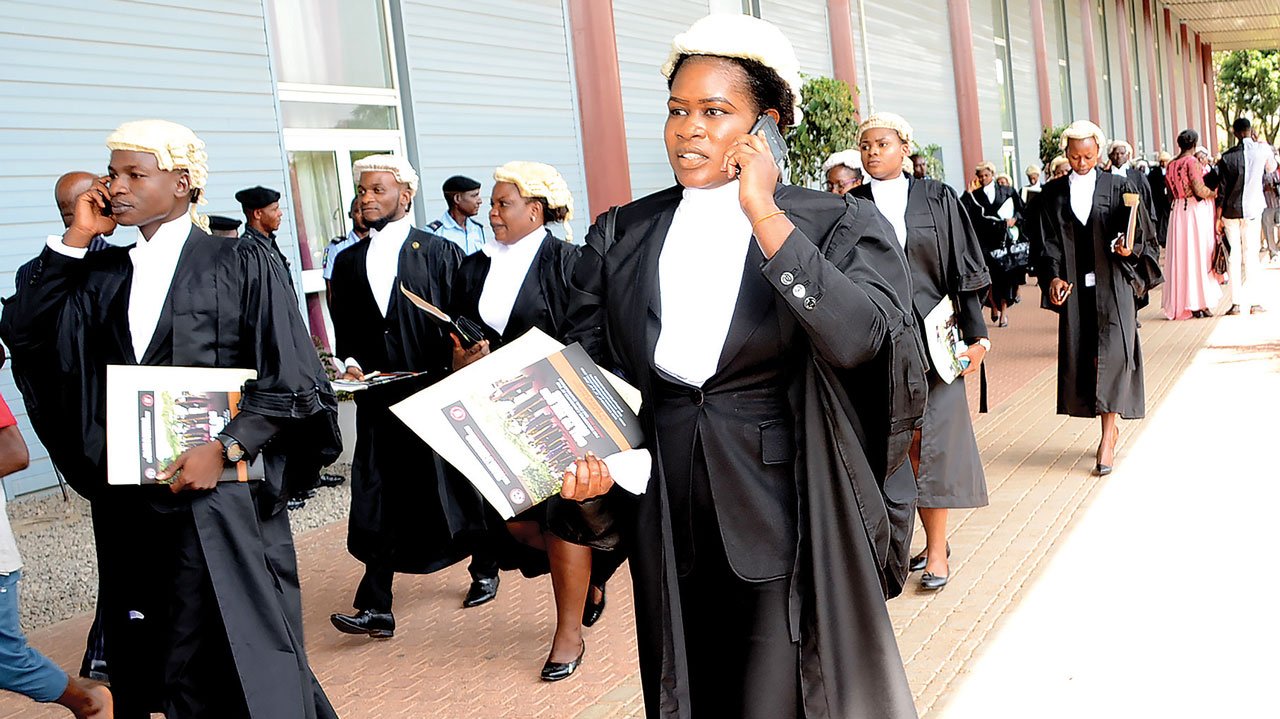Richest Architect in Nigeria: Top 10 Wealthiest Nigerian Architects

The richest architect in Nigeria are reshaping the country’s design scene with bold ideas and lasting contributions. Their work spans public spaces, iconic buildings, and real estate ventures. This list explores Nigerian architecture pioneers who have made their mark through innovation and purpose.
Top 10 Richest Architect in Nigeria
Olajumoke Adenowo
Among the richest architect in Nigeria, Olajumoke Adenowo stands out for her unique contributions. Adenowo founded AD Consulting in 1994. Her firm has delivered over 100 architectural projects across Africa. These include the Tent Church in Calabar and the Senate Building at Obafemi Awolowo University. She has worked with top brands such as Coca-Cola and L’Oréal.
Adenowo is widely respected in Nigerian architecture. CNN described her as “Africa’s starchitect,” while The Guardian profiled her leadership in design. Her public speaking, mentorship, and design vision continue to influence the next generation. Although her net worth is undisclosed, she is regarded as one of the wealthiest women in Nigeria.
Kunlé Adeyemi
Kunlé Adeyemi is known globally for urban design and climate-responsive architecture. He is the founder of NLÉ Works, an Amsterdam-based firm. His Makoko Floating School in Lagos gained international acclaim for its adaptive design in flood-prone communities. It earned a Silver Lion at the 2016 Venice Biennale.
Adeyemi focuses on sustainable structures for emerging cities. His continued innovation in water-based architecture makes him one of the most respected Nigerian architects abroad. No confirmed net worth is available, but his global presence adds value to Nigerian architecture.
Tosin Oshinowo
Tosin Oshinowo founded Oshinowo Studio and the luxury brand Ile-Ila. Her studio designed the Maryland Mall in Lagos and post-conflict housing in northern Nigeria. These projects reveal her focus on function, culture, and affordability.
Oshinowo’s design philosophy combines modern architecture with Yoruba aesthetics. She has received international recognition in the architecture and design communities. While no public financial data exists, her business ventures point to substantial personal success.
Her multidisciplinary approach echoes the growing relevance of contemporary Nigerian artists in global creative circles.
Demas Nwoko
Demas Nwoko’s architectural work began in the 1960s. Though unlicensed as an architect, his designs fused African tradition with modern forms. His work includes the Dominican Institute Chapel in Ibadan and the Oba Akenzua Cultural Centre.
Nwoko’s artistic legacy has earned global recognition. In 2023, the Venice Biennale awarded him the Golden Lion for Lifetime Achievement. His net worth is unknown. Still, his work redefined architecture in Nigeria through local materials and sustainable techniques.
Isaac Fola Alade
Isaac Fola Alade was Nigeria’s first Federal Chief Architect. His projects included Tafawa Balewa Square, the National Stadium in Lagos, and the Nigerian Institute for Policy and Strategic Studies.
He helped shape modern Nigeria through architectural planning and public works. Fola Alade received national honors and left behind landmark buildings still in use today. Although financial records are unavailable, his public commissions reflect a long and productive career.
Felix Ibru
Felix Ibru combined architecture, business, and politics. He studied in Israel and the UK before co-founding the Ibru Organization. He contributed to the University of Lagos and University of Benin master plans, among others.
Ibru also served as Delta State’s first civilian governor. His career reflects the intersection of design and public leadership. No verified net worth exists, but his background in business suggests notable financial standing.
Lanre Towry-Coker
Lanre Towry-Coker founded his firm in 1976 and played a key role in Abuja’s early planning. He later served as Lagos State’s Commissioner for Works and Housing. His design portfolio features commercial buildings and government projects.
Towry-Coker also writes about architecture and urban issues. His wealth is undocumented, but his decades of experience suggest a rewarding career. His dual role as designer and policymaker expanded his professional reach.
Alex Ekwueme
Alex Ekwueme was an architect, urban planner, and politician. Before serving as Nigeria’s Vice President, he held leadership roles in architectural associations. He earned several degrees, including a PhD in Architecture.
Ekwueme’s firm designed educational and institutional buildings across Nigeria. His foundation supported student scholarships. Although his net worth is not known, his role in both architecture and governance was impactful.
Fifi Ejindu
Fifi Ejindu is a Nigerian architect and founder of the Starcrest Group. Her company includes subsidiaries in construction, oil and gas, and property development. Her architectural projects range from luxury homes to diplomatic residences in Abuja.
Ejindu was the first Black African woman to graduate from Pratt Institute’s School of Architecture. She is frequently mentioned in media as one of Nigeria’s wealthiest women. Though net worth estimates are unconfirmed, her real estate ventures support these claims.
Halima Tayo Alao
Halima Tayo Alao served as Nigeria’s Minister of Environment and Housing. She also held roles in education and housing development boards. Her architectural career includes planning, policy, and project management.
She sat on the board of UACN Property Development Company and helped direct major housing projects. Her financial records are not public, but her influence in both government and private sectors is clear.
As more women take on leadership roles across industries, many are also finding global opportunities in the safest countries for women to travel and live in.
Article updated 3 months ago ago. Content is written and modified by multiple authors.









